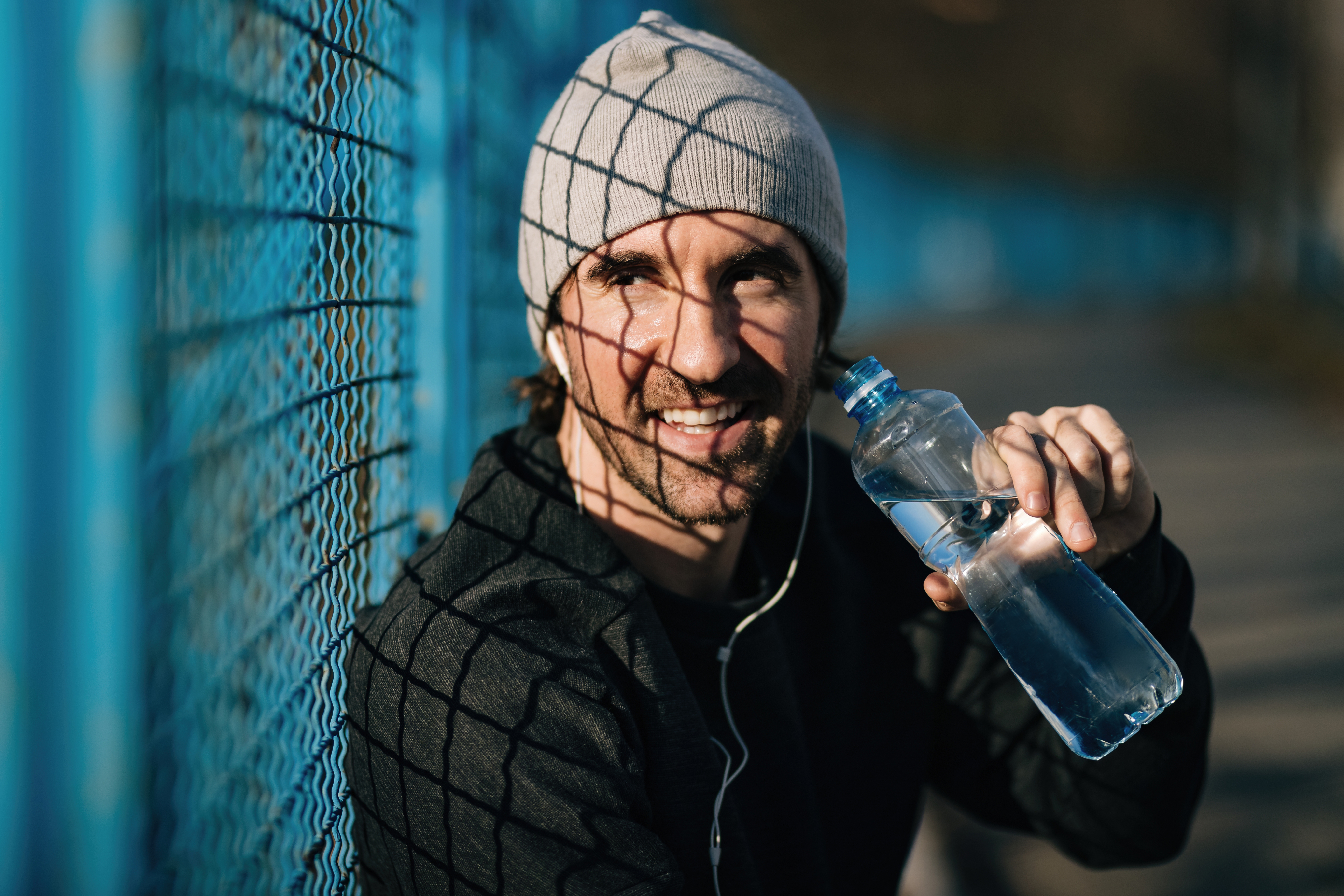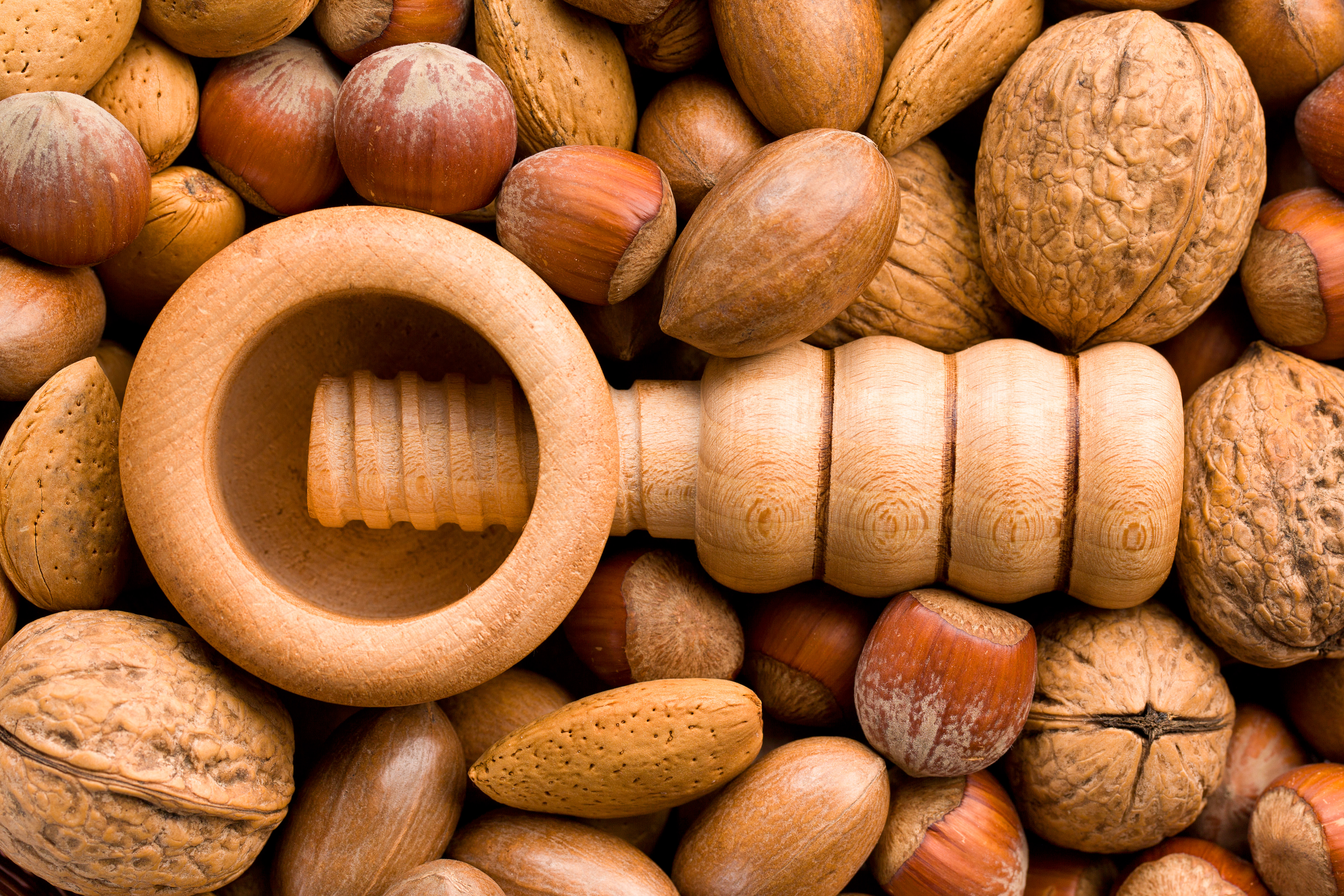8 Common Myths About Health
In the age of information, health advice is more accessible than ever, yet misinformation can spread just as quickly. Many health myths have taken root in popular culture, leading people to adopt practices that may not be beneficial and could even be harmful. This article embarks on a journey to debunk 8 prevalent health myths that you might have believed. By exploring the origins of these myths, examining scientific evidence, and providing clarity, we aim to empower you with accurate knowledge. Join us as we unravel these misconceptions and pave the way for a healthier understanding.
Myth 1: Carrots Improve Night Vision

The belief that eating carrots improves night vision is one of the most enduring health myths. This myth originated during World War II when the British Royal Air Force credited their pilots' success in night raids to a diet rich in carrots, masking the development of radar technology. While carrots are high in beta-carotene, which the body converts into vitamin A—a nutrient essential for maintaining healthy vision—there's no scientific evidence to suggest they enhance night vision specifically. A balanced diet rich in various nutrients is more effective for overall eye health, debunking the notion that carrots alone can provide superhuman sight.
Myth 2: Cracking Knuckles Causes Arthritis

Many people have been warned that cracking their knuckles will lead to arthritis, but this is more myth than reality. The sound of knuckle cracking is caused by the rapid release of gas bubbles in the synovial fluid that lubricates joints. Studies have shown no direct link between knuckle cracking and arthritis. One notable study followed participants over decades and found no significant difference in the incidence of arthritis between those who cracked their knuckles and those who didn't. While excessive knuckle cracking might lead to hand swelling or decreased grip strength, it does not cause arthritis.
Myth 3: Sugar Causes Hyperactivity in Children

The belief that sugar causes hyperactivity in children is widespread among parents and teachers. However, scientific studies have consistently shown no significant link between sugar intake and hyperactive behavior in children. This myth likely persists due to confirmation bias—parents may notice hyperactivity after sugar consumption because they expect it. In reality, factors such as the excitement of a party or the environment play a more significant role in a child's behavior. While excessive sugar consumption is unhealthy due to its contribution to obesity and dental problems, it is not a direct cause of hyperactivity.
Myth 4: You Must Drink Eight Glasses of Water a Day

The recommendation to drink eight glasses of water a day is a generalized guideline rather than a scientifically backed requirement. Hydration needs vary depending on factors such as age, activity level, climate, and diet. The body's mechanisms, such as the sensation of thirst, are reliable indicators of when to drink water. Foods with high water content and beverages like tea and juice also contribute to daily fluid intake. Listening to your body and maintaining a balanced intake of liquids and hydrating foods is more effective than adhering to a rigid eight-glass rule.
Myth 5: Eating Fat Makes You Fat

The myth that eating fat leads to weight gain is a misinterpretation of the body's nutritional needs. Fats are essential macronutrients that play crucial roles in hormone production, nutrient absorption, and cell structure. The key is distinguishing between healthy fats, such as those found in avocados, nuts, and olive oil, and unhealthy trans fats. Overconsumption of any macronutrient, including fats, can lead to weight gain, but moderate consumption of healthy fats is vital for a balanced diet. Understanding the role of different types of fats helps dispel the fear that all fats are detrimental to health.
Myth 6: You Lose Most Body Heat Through Your Head

The idea that most body heat is lost through the head is a persistent myth often used to justify wearing hats in cold weather. This belief stems from a flawed military study conducted in the 1950s. In reality, heat loss occurs through any exposed part of the body, not just the head. The head makes up a small percentage of the body's surface area, so it does not account for the majority of heat loss. Properly dressing for the weather by covering all exposed areas is a more effective way to maintain body heat and stay warm.
Myth 7: Detox Diets Cleanse Your Body

Detox diets promise to cleanse the body of toxins and improve health, but the human body is already equipped with efficient detoxification systems. The liver, kidneys, and skin work continuously to eliminate waste and toxins. Detox diets often involve extreme restrictions that can lead to nutrient deficiencies and are not sustainable long-term. Instead of relying on these diets, supporting the body's natural detox processes through a balanced diet, regular exercise, and adequate hydration is more beneficial. Understanding the body's inherent detox capabilities helps debunk the myth that external detox methods are necessary.
Myth 8: Cold Weather Causes Colds

The notion that cold weather directly causes colds is a misconception. Colds are caused by viruses, most commonly the rhinovirus, and not by cold temperatures. However, cold weather can contribute to the spread of colds due to people spending more time indoors and in close proximity, which facilitates virus transmission. Additionally, the dry air of winter can dry out nasal passages, making them more susceptible to viral infections. Maintaining good hygiene, such as frequent handwashing and avoiding close contact with infected individuals, is more effective in preventing colds than simply avoiding cold temperatures.
Embracing Evidence-Based Health

Debunking these common health myths highlights the importance of relying on scientific evidence and critical thinking when it comes to our well-being. Misinformation can lead to unnecessary fears and unhealthy practices, while accurate knowledge empowers us to make informed decisions. As we continue to learn and grow, it is crucial to question long-held beliefs and embrace evidence-based health practices. By doing so, we can improve our health outcomes and foster a culture of informed wellness. Let this exploration serve as a reminder to seek truth and prioritize facts in our health journeys.
Powered by Froala Editor